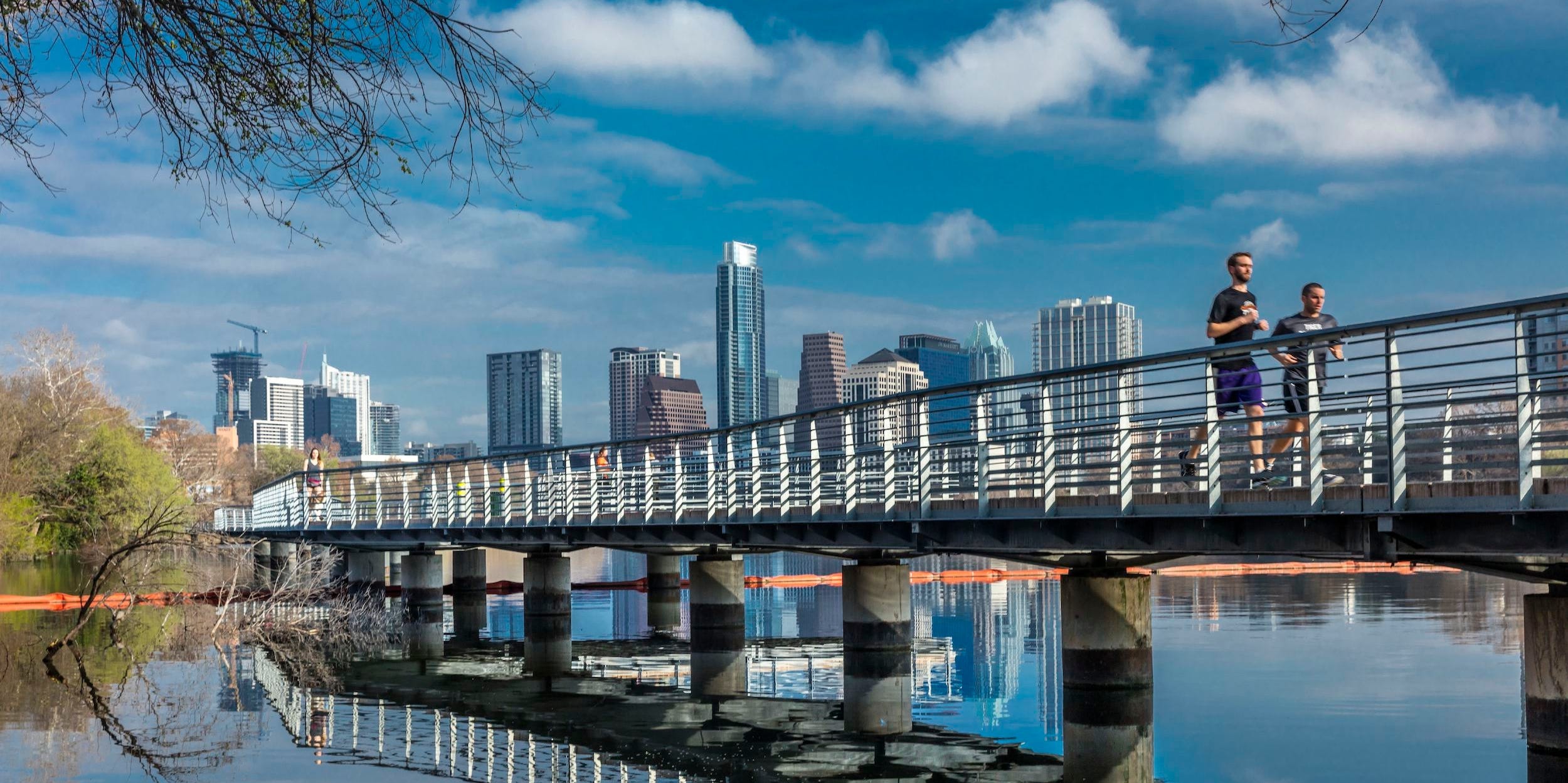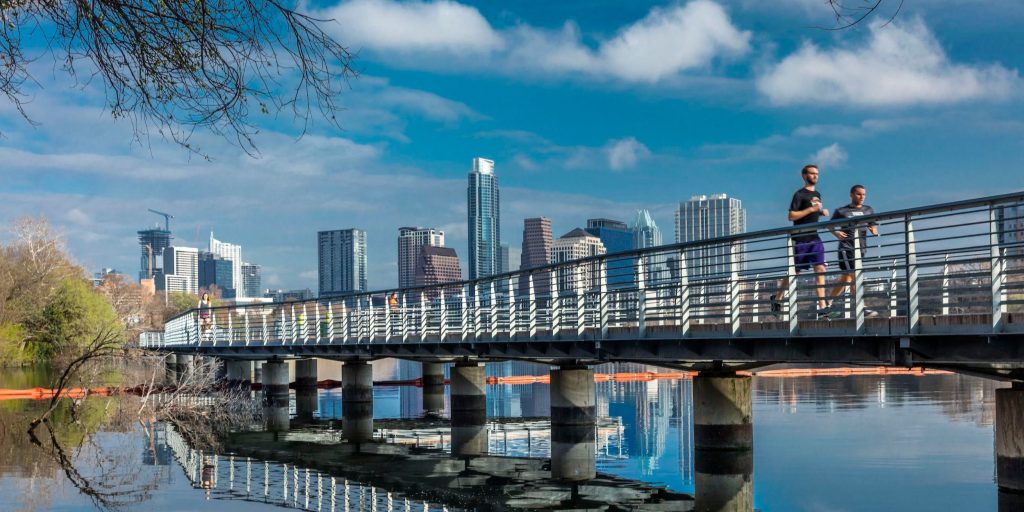
Joe Sohm/Visions of America/Getty Images
- The American southwest boomed through the pandemic as masses of Americans moved into the region.
- The influx sent home prices soaring. While that harmed prospective buyers, it led others to benefit.
- Here are the three groups that made the most of the southwestern housing market during COVID.
- See more stories on Insider's business page.
The desire to live in the country's warmest corner boomed over the past year. Masses of Americans fleeing cities and cooler climates flocked to Texas, Arizona, Nevada, New Mexico, and Utah, breathing even more life into the country's fastest-growing region.
While the influx of new residents poses challenges – home prices skyrocketed across the country throughout 2021 – few areas have seen values soar as much as the southwest.
In the process, a small group of Americans made out out in the pandemic-era market.
1. Locals
Some of the biggest winners of pandemic-era moves were those who didn't move at all. Residents in southwestern cities and suburbs now have "awesome equity" in their homes, Ali Wolf, chief economist at real estate data firm Zonda, told Insider.
"There's this huge divide between the locals and the newcomers," Wolf added. "The out-of-towner comes in and doesn't really balk at pricing. But a local will look at pricing and say, 'Oh my gosh, it's so much more expensive.'"
That divide helped some locals capitalize on the boom. Cristian Mendoza, 25, left Baytown, Texas for El Rancho, New Mexico - a town roughly one hour from Santa Fe - after getting a better job. And while he's held onto his home in Texas, he's seen prices for Houston-area properties "go up pretty significantly over the last two years."
For now, Mendoza is watching his Texas property appreciate, and he's biding his time on splashing out in New Mexico.
"I don't see myself buying a house over here anytime soon, just because of the prices. I'm probably going to be renting for a couple of years unless I find something cheaper a little bit outside of town," he said.
2. Retirees and movers from the coasts
Americans coming to the southwest from expensive coastal hubs like New York, San Francisco, and Los Angeles might be paying a premium in local terms, but they're getting a discount from the cities they left.
David Church, 48, already owned a home in Henderson, Nevada, before COVID struck. The newly built house was meant to be an investment property, but the Church family moved in once they realized it brought many of the upsides southern California had to offer, but at a much lower price.
Their home in Oak Park, California, sold in four days and they've been living in Nevada since July. Having a home ready to move into helped the Churches reap the rewards of soaring California home prices without getting trapped as a buyer in a seller's market.
"We were able to leverage our house without needing to find a place to buy. That helped us out quite a bit," Church said, adding he's still looking to buy another home near Phoenix. "As inflation goes, if you're not buying up, you're going to be left behind."
Retirees also benefitted from pandemic moving trends. The COVID recession pulled forward millions of retirements, and several southwestern cities were already rife with retirement communities.
"If they're living in a move expensive area, they can tap their equity, move to this 55-plus community, and have an instant connection with their neighbors because it's an age-targeted area," Zonda's Wolf said.
3. Well-to-do millennials
Many pandemic-era movers are millennials looking to find their first homes. But where those leaving one home for another can tap equity from their current property, first-time buyers don't enjoy the same benefit. And as millennials sit in their peak homebuying years, demand for affordable homes is soaring.
Middle- and high-income millennials will have the easiest time in the red-hot market, Wolf said. They can afford homes and condos in increasingly expensive cities, and while the market is set to cool, it's unlikely prices will fall in the most popular urban centers, she added.
"There will be a class of millennials who are absolutely thriving in today's environment," Wolf said. "They have enough money or enough support from their family where they can make it work, and they don't have to compromise location for affordability."
Dit artikel is oorspronkelijk verschenen op z24.nl

